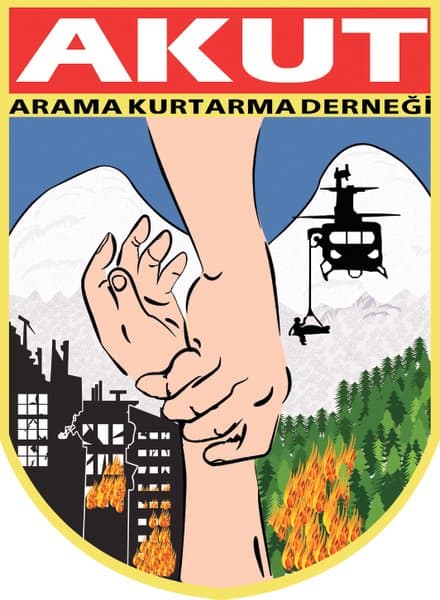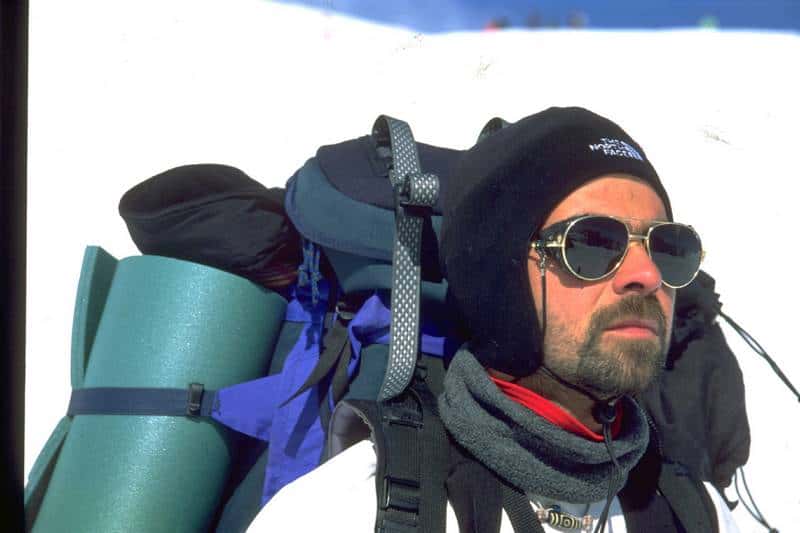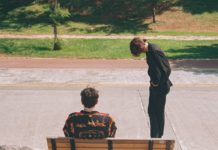
By Gökay Ürk
In the second part of my interview with Nasuh Mahruki (read the first part here), we talk about AKUT (Search and Rescue Association) and its role in Turkish society.
AKUT’s establishment can be considered as a major milestone because it has raised awareness about the role of NGOs and, in the process, has encouraged citizens to get involved in social projects in Turkey. At the moment, AKUT is one of the most well-respected NGOs in Turkey and Nasuh Mahruki serves as its head.
What is AKUT and its mission?
Established in May 14, 1996, AKUT is Turkey’s first non-governmental organization with the primary goal of conducting research and rescue activities on a voluntary basis.
The number of our volunteers has continued to increase, and at the same time new needs have emerged. So today AKUT is more than just a research and rescue team, we also have sports clubs, a publishing house, university clubs, a kid’s academy, a research and education institution, and an art and cultural events club. As you can see, we serve the community in a variety of fields.
How did you decide to establish AKUT?
In November, 1994 around 100 mountaineers spent 14 days trying to find two lost climbers in the Bolkar Mountains. But the result wasn’t positive; one of them was found death by a sheppard and the other one was never found.
This tragic incident made us consider carefully the difference between a mountaineer and a rescuer. After meticulously examining Turkey’s disaster likelihood, we found out that floods and earthquakes happen regularly in Turkey. As a result of that, we established AKUT in 1995, 4 years before the tragic Marmara earthquake.
Could you talk about AKUT’s affiliation with the United Nations?
After successful completing their exams in 2011, AKUT became the first NGO in Turkey and the seventh NGO worldwide to be officially accredited by the United Nations in research and rescue operations.
In accordance with the Turkish Ministry of Foreign Relations, if there is ever a disaster call from abroad, AKUT is committed to take an active role within 48 hours of receiving the call, with a team of approximately 40-45 members.
Have you been successful in highlighting the importance of preparedness in Disaster Management?
Turkey, unfortunately, has no solid preventative methods against disasters. It tends to experience disasters and then take lessons from them. However, these lessons do not last long and fade as time goes by.
Disaster Management has two components: Risk Management and Crises Management. Risk Management is the pre-disaster phase. This is the time when we should put in the most work, and when crucial measures and trainings should be implemented. Crisis Management is the phase during the disaster, which can not be efficiently executed if necessary steps are not followed during the Risk Management phase. Crisis Management is heavily intertwined with Risk Management, which is what ultimately dictates how costly disasters end up being.

Are the authorities taking necessary precautions to cope with a possible earthquake in Istanbul?
The government has initiated a city renovation program, which aims to build new structures to replace the old ones. Although the program has some good examples, it seems to have lost its focus. Old structures are not destroyed and rebuilt. Rather, old structures are still standing. Money is put into new structures and neighborhoods, which are charm newcomers from Anatolia and contribute to Istanbul’s rapidly expanding population. Istanbul’s problems cannot be solved until projects aimed at decreasing its population are applied.
How can Istanbul be prepared for the next Marmara earthquake?
As AKUT, we have been endeavoring to increase earthquake awareness. However, our efforts are not enough to fully cope with Istanbul’s earthquake problem. Authorities should also get involved and take the necessary actions, as Istanbul is located in a severe earthquake zone.
First, the mindset that is making Istanbul an attractive as well as a chaotic place, where 1/5 of Turkey’s population dwells, should be abandoned because as Istanbul becomes more populated, it will definitely have a heavy death toll and financial burden.
Second, authorities should help develop cities in Anatolia. They should invest in these cities and work to make sure there are equal opportunities for young people all over Turkey, to help stem immigration to Istanbul.
If the state takes these steps, in my opinion the severity of the expected Istanbul earthquake can be mitigated.
You and your friends have saved many lives and have enhanced the quality of human life without expecting anything in return. What’s the motive behind it?
Everyone has only one life and, as such, there is nothing more valuable than a human life. A happy community and a modern state consist of happy and modern individuals. Establishment of a strong relationship between citizens and the government is the ultimate goal that we are trying to achieve.
This interview has been condensed and edited to accommodate the process of translation.
If you wish to donate to AKUT, simply text ‘AKUT’ to 2930 and 5 TL will be deducted from your cell phone credit and sent to the NGO.











AKUT has now increased to 32 teams throughout Turkey, the latest edition is an ex-pat lead group in DIDIM Altinkum.